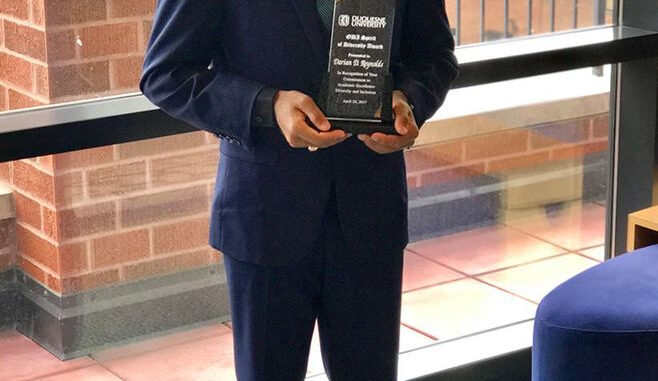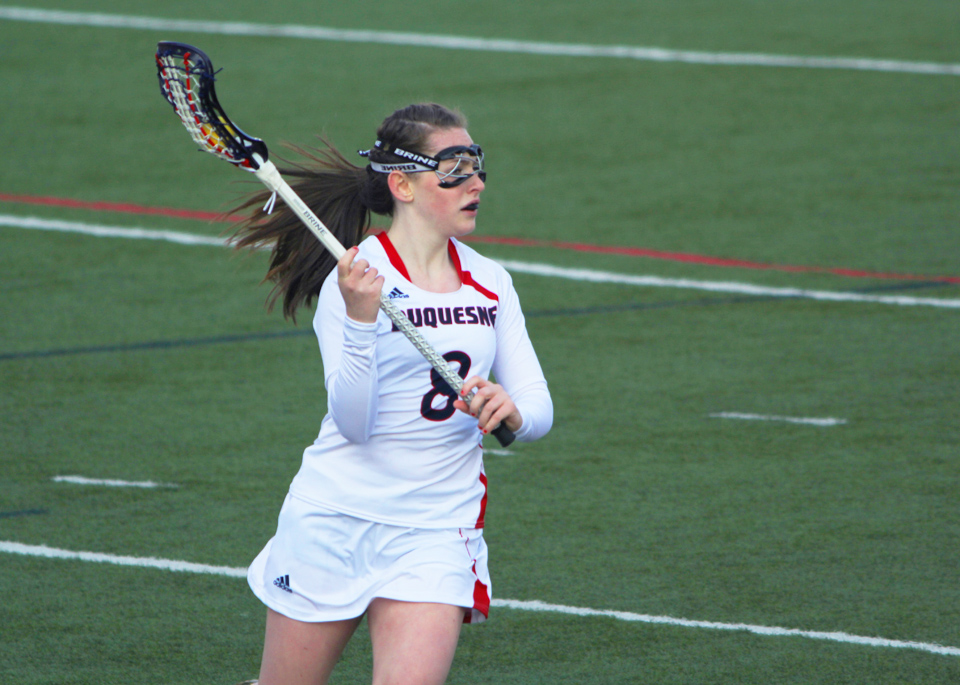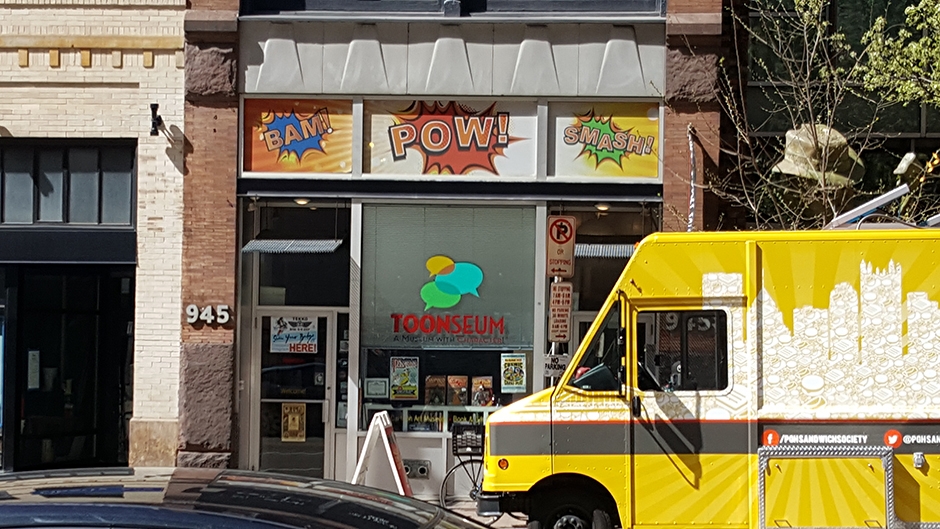
Kellen Stepler | Editor-in-Chief
09/03/2020
Why not now?
Now, Darian Reynolds thought, would be the time to reactivate Duquesne’s Black Student Union (BSU). He said that the revival of the BSU came from “everything happening in the world today.”
“We’re in the midst of big, racial tension in America,” Reynolds, BSU president, said. “There are Black brothers and sisters out there being tormented, killed. Now, people are being vocal about it, and expressing concern.”
Reynolds is currently a grad student pursuing higher education administration. He earned his undergraduate degree at Duquesne in 2017, majoring in integrated marketing communications. During his undergraduate years, he served as both president and vice president of the BSU.
Former Duquesne Assistant Vice President of Diversity, Inclusion and Student Advancement Jeff Mallory, who Reynolds views as a mentor, played an integral part in the BSU’s reactivation.
“The group is comprised of tremendous student leaders who have a strong connection to the university community,” Mallory said. “Their love, appreciation and respect for the university community is special. Overall, BSU simply wants the best for other students with much attention to minority students. BSU fulfills student needs that are critical to their experiences and to their opportunities for future success. In fact, during my time at Duquesne, several alums would express their gratitude for the impact BSU had on them.”
All reactivation means, according to BSU executive vice president Kayla Harris, is that the presence of the club is back on campus, and that the organization can hold meetings and events like other activated clubs on campus.
The goal of the BSU, Reynolds said, is to give a platform to Black and brown students at Duquesne and create a sense of community.
“We want Black and brown students to be comfortable to bring issues to our attention,” Reynolds said. “We’re an organization that is here to advocate for Black and brown students at Duquesne, and also to educate others to know what it is like to be Black at a predominately white institution.”
Mallory said that BSU can provide an opportunity where students have a place where they can belong and are respected and appreciated, and also have the opportunity to be along like-minded peers and peers that challenge them to think differently.
“In many cases, BSU provides the mentioned opportunities to them,” Mallory said. “It can certainly play a critical role to student success and also can play a major role into the appreciation students have for the university community. Duquesne is to be commended for uplifting the voice of students and for being proactive in the process.”
To achieve these goals, the BSU has a “perfect mix of leadership,” according to Reynolds. He said a combination of the BSU executive board, the Office of Diversity and Inclusion and university administration will assist BSU to become a voice for minority students.
Harris, who said she played a big role in the Black Lives Matter movement in Pittsburgh, joined BSU to
continue that drive at Duquesne, and for the university to be more in tune with Pittsburgh.
“We want to have an organization like the BSU to come back and be that voice,” Harris said.
This year, the organization will tackle the call to action letter written to university administration that the executive board wrote in July, fighting for institutional change on campus.
A common misconception of the BSU is that you have to be a minority to be involved — which Reynolds said is not the case. He said the BSU welcomes all students and views, and requires that you respect yourself, others and cultures.
“We’re just another student organization; we shouldn’t be labeled by our color,” Reynolds said.
A “social justice platform,” according to Harris, the BSU is a place where people can come and speak freely on issues impacting them, and can also educate others on things they never knew, or don’t understand.
“Experiences are the best education you can receive,” Harris said. “Black students explaining their experiences to white allies; it’s a win-win.”
The biggest struggle for the BSU now is to grow its membership and maintain its status. Harris noted that because of COVID-19 restrictions, it’s hard for campus organizations to gather in large in-person groups, but two recruitment events have piqued more interest in the club.
“Although we are dedicated to bring to light issues, we can’t do this alone,” Reynolds said. “It’s up to students to participate and make it a collaborative effort. We want students to rally behind us and create change at Duquesne. Duquesne is such a great place, and it has lots of room to grow.”
“With the things we’re trying, BSU will have a lasting impact so that we don’t have to have this conversation every couple years,” Reynolds said.




